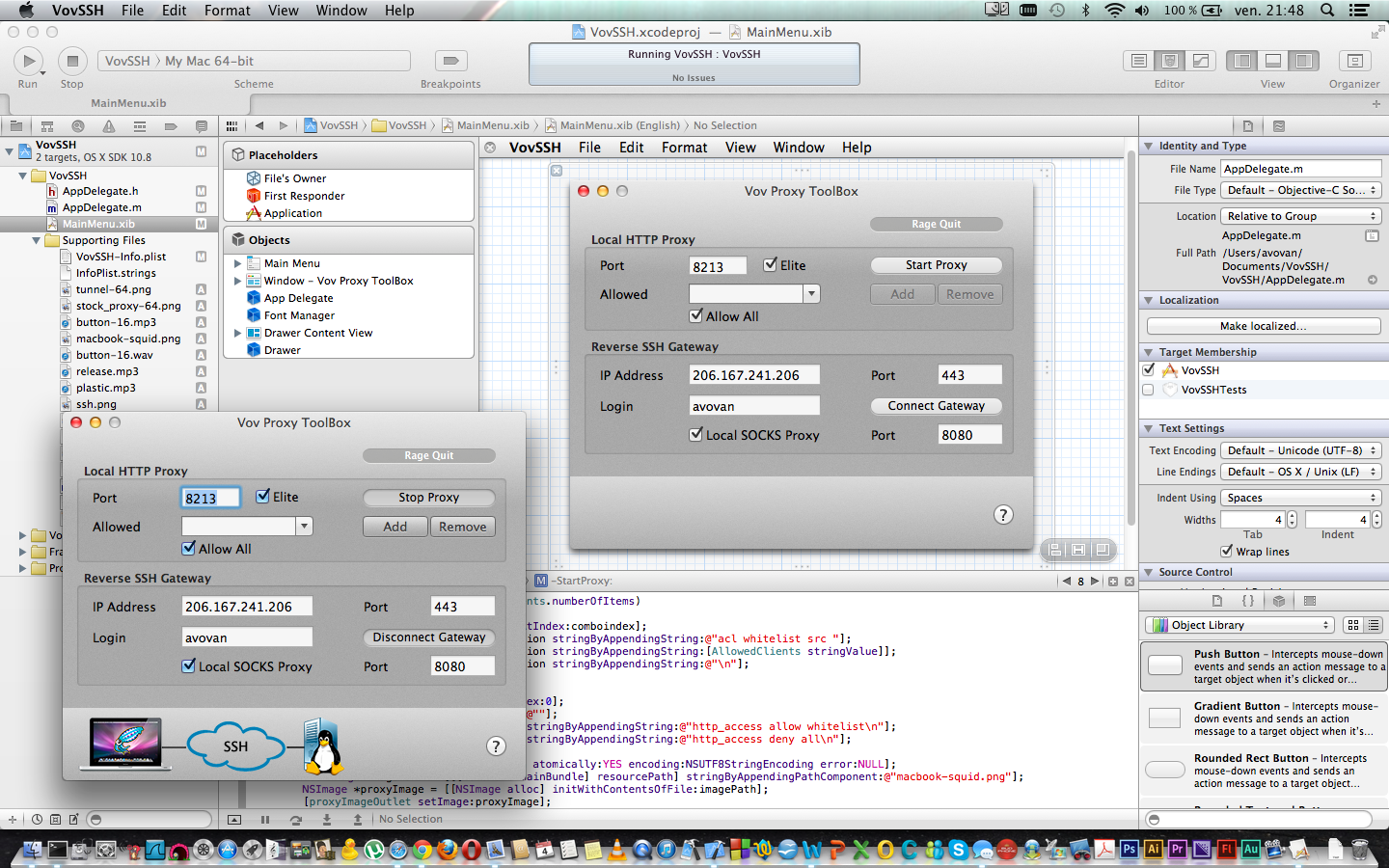Why develop a mobile application?
The arrival of the iPad generation is not a prophecy or a vision at Collège Sorel-Tracy. It is a foreseeable reality. The local school board conducted an experimental tablet program at the Bernard Gariepy School where each student received their own device. It’s looking to extend this initiative to all of its primary and secondary schools. As with the smartphone, already widely adopted by young people, Alexander Vovan sees many advantages to these new tools and explains how we can profit from this trend by developing our own mobile applications. His story provides much to consider.
The Main Advantages of a Mobile Application
Mobile applications have two main advantages in education :
- They are generally easy to use and require no technical explanation.
- They focus on a specific task.
It seems that this formula works because smartphone users instinctively come to frequently use their apps to go on Facebook or Twitter, to check the weather or to locate the nearest restaurant. Is designing an educational activity in this manner, narrowly defining needs and intentions, formative evaluation? Does it become a skill-building activity? a memory developer? a rating tool? And, by targeting one single aspect, does it promote academic success by mimicking a quiz? a memory drill? an album? or a memorandum?
Since programming is a skill not limited to computer teachers, and since several professors from other disciplines have the rudiments of the skills needed to tackle it, I can only encourage teachers to develop these applications to help their students.
A taste of how XCode4 works
These pioneers invest in mobile application development because they want to provide educational support to students in a comfortable environment. It is for this reason that I provide support on Facebook! The value of these mobile applications extends beyond portability. They reach and touch students where they feel at home.
Creating Challenging Contexts for Development
Designing a small learning module for a device which students carry with them such as their smartphone, or soon their tablet, ensures wider use and more stimulating opportunities for use! An example is a business teacher accompanying students in managing an enterprise integration activity. He might provide them with an application to record the data from their business to conduct follow-up operations.
At the vovLAN rally held at our college on October 28, 2012 for network gamers, my students in programming and I imagined the use of such a mobile application for the management of the online snack bar offered to players wishing to order food without leaving their console.
My Own Experiences in Class
The experience that I have drawn from my course Framework Environment (420-5P3-SO) can serve as an example for teachers embarking on the development of a mobile application.
Here are some tips before you start
First, refer to the recommendations of Apple’s Human Interface Guidelines and Google’s User Interface Guidelines in regard to the design of mobile applications.
Whether you develop using Objective-C (iOS) or Java (Android), similar principles guide designers!

The Xcode Development Environment
Then develop a deployment strategy that suits your situation.
| Initial Context | Deployment Strategy | Targeted Device |
|---|---|---|
| Creating a web app from a website (HTML, CSS, JavaScript) | Internet Connection Required | Smartphones (including the iPhone) and iPad, iPod |
| Encapsulating a web-app in an Apple app | Opening a developer account or purchasing an educational license | iPhone, iPad, iPod |
| Creating a native application | Opening a developer account or purchasing an educational license | iPhone, iPad, iPod |
No mobile application created by my students in my programming course has been presented to Apple so far. Apple’s standards of quality are high! In the fifth semester programming course, students are introduced to the principles of Objective-C development during the first half of the session, but we have not made the adoption of mobile apps by the App Store an objective of the course! Students need to explore other technologies. At the end of the course, they must be able to evaluate the choice of a software framework and its associated languages.
By encouraging students to follow the quality standards of Apple, however, we may one day have the opportunity to see a student app approved for use by Apple!
Do you see a use for mobile applications in your field of education? What is it? Like myself, do you see the necessity of developing resources for small portable devices such as iPad, iPhone and other smartphones?

